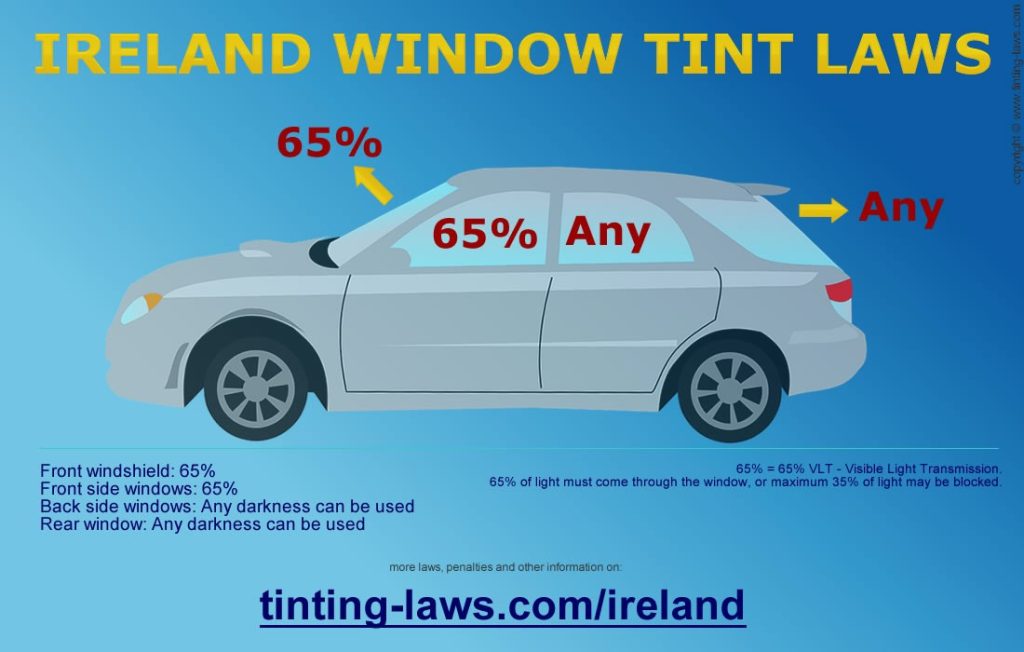Window Tinting for Homes: Improve Energy Efficiency and Privacy with Style
Window Tinting for Homes: Improve Energy Efficiency and Privacy with Style
Blog Article
Home Window Tinting Regulations: What You Need to Know Prior To Tinting Your Car
Comprehending window tinting legislations is important for any kind of lorry proprietor considering tinting their automobile. As you ponder enhancing your automobile's look and functionality, it is important to grasp not just the lawful implications but additionally the sensible factors to consider that come with picking the ideal color.
Significance of Recognizing Tint Regulations
Comprehending home window tinting laws is vital for car owners to make sure compliance with state laws. These regulations determine the acceptable degrees of color darkness and reflectivity, which can substantially differ from one jurisdiction to an additional. Falling short to stick to these laws can cause penalties, necessary removal of the tint, and prospective difficulties during automobile evaluations.
In addition, recognizing these laws helps vehicle owners make notified choices concerning their tinting choices. Different types of home window films supply numerous advantages, such as UV security, warmth denial, and glow reduction. Nevertheless, without knowledge of the lawful limitations, vehicle owners take the chance of picking items that might inevitably bring about lawful concerns.
Additionally, recognition of tinting legislations cultivates a safer driving environment. window tinting. Excessively dark tints can harm visibility, enhancing the threat of crashes, especially during the night or in negative weather condition problems. Legislation enforcement agencies additionally utilize these laws to guarantee roadway safety, making compliance not simply a personal duty however a lawful commitment
State-Specific Color Regulations
Each state in the U.S. has developed its own specific laws regarding home window tinting, showing a varied variety of standards and demands. These regulations can vary significantly, impacting how vehicle proprietors approach installation and conformity. As an example, some states allow darker tints on back home windows while imposing stringent limits on front-side windows.
In addition, policies usually specify permitted tint products and colors. Certain states restrict reflective tints completely, while others might allow them to a restricted degree. Moreover, some jurisdictions mandate that automobiles with colored home windows present a sticker indicating conformity with state legislations, offering a clear identification for regulation enforcement.
Enforcement of these legislations also varies; some states are extra proactive, conducting arbitrary checks, while others depend on grievances or visible offenses to initiate enforcement. Car owners need to understand that failing to comply with state-specific tint laws can bring about penalties, mandatory removal of prohibited tints, or both.

Lawful Tint Percentages
Determining the lawful color percents is critical for car proprietors looking for to adhere to state policies. Each state has details laws regulating just how much light must travel through the home windows of a car, which is revealed as a percent called Visible Light Transmission (VLT) This percentage differs considerably throughout states and can depend on the sort of home window-- front side, back side, and windscreen.
As an example, some states permit just 20% VLT on front side windows, while others may permit approximately 50%. Windshield tinting is usually much more restricted, with numerous jurisdictions enabling just a slim band of tint at the top of the windshield. On the other hand, rear home windows usually have extra lenient guidelines, with some states permitting darker tints.
It is essential for car owners to acquaint themselves with their regional laws to avoid prospective lawful concerns. This includes understanding how VLT is gauged, as it can vary based upon the sort of window movie utilized. Staying notified concerning these guidelines makes sure conformity and promotes safe driving conditions for both the vehicle owner and others on the road.
Effects of Non-Compliance
Failing to stick to home window tinting laws can lead to significant repercussions for car proprietors. One of the most prompt consequence is the possibility for web traffic quits and citations from police. Officers educated to identify illegal tint levels might issue penalties, which can vary by territory but usually vary from moderate to substantial amounts. Repetitive violations may cause raised fines, consisting of higher fines or extra factors on a chauffeur's certificate.

Insurance policy business may likewise impose charges for non-compliance, as unlawful adjustments can be deemed a breach of plan terms. If a case happens., this might influence insurance coverage rates or lead to difficulties in claims.
Inevitably, the consequences of non-compliance prolong beyond immediate monetary fines; they can impact a chauffeur's insurance policy prices, lawful standing, and overall automobile value, highlighting the significance of adhering to regional home window tinting regulations.
Tips for Picking Tinting Options
When selecting window tinting choices,Comprehending the implications of non-compliance highlights the importance of making informed choices. Acquaint yourself with your state's specific laws regarding color darkness and reflectivity. Each state has special guidelines that dictate the permissible restrictions, so guarantee you stay within these standards to avoid penalties.
Second of all, think about the sort of color product. Alternatives consist of colored, metalized, and ceramic colors, each offering varying levels of heat being rejected, UV security, and resilience. Ceramic colors provide premium heat resistance without conflicting with electronic gadgets, making them a preferred selection.
In addition, analyze your key purpose for tinting. If you go to these guys look for enhanced privacy, decide for darker tints; nevertheless, maintain in mind that this might influence you could try this out exposure during the night. Alternatively, if glare reduction and UV protection are your primary issues, lighter colors might be adequate.
Last but not least, speak with a professional installer that is knowledgeable concerning local guidelines and can suggest high-grade products matched to your needs (window tinting). Taking these variables into account will certainly guarantee you make a knowledgeable decision, eventually boosting both your automobile's aesthetic appeals and capability
Verdict
In conclusion, experience with window tinting laws is necessary prior to applying color to an automobile. Each state imposes specific guidelines concerning visible light transmission percentages, specifically for front-side home windows and windscreens. Non-compliance can cause significant fines, consisting of fines and obligatory removal of non-conforming tint. By comprehending legal requirements and choosing suitable color products, car proprietors can attain visual enhancement while staying compliant with pertinent regulations. Adherence to these standards ensures both security and contentment.
Comprehending window tinting laws is important for any type of car owner thinking about tinting their automobile.Understanding home window tinting legislations is crucial for vehicle owners to make sure compliance with state guidelines. Some states allow darker tints on back home windows while enforcing strict restrictions on front-side windows.
In contrast, back home windows generally have much more tolerant laws, with some states permitting darker colors. (window tinting)
In verdict, familiarity with anonymous window tinting legislations is vital prior to applying tint to a car.
Report this page